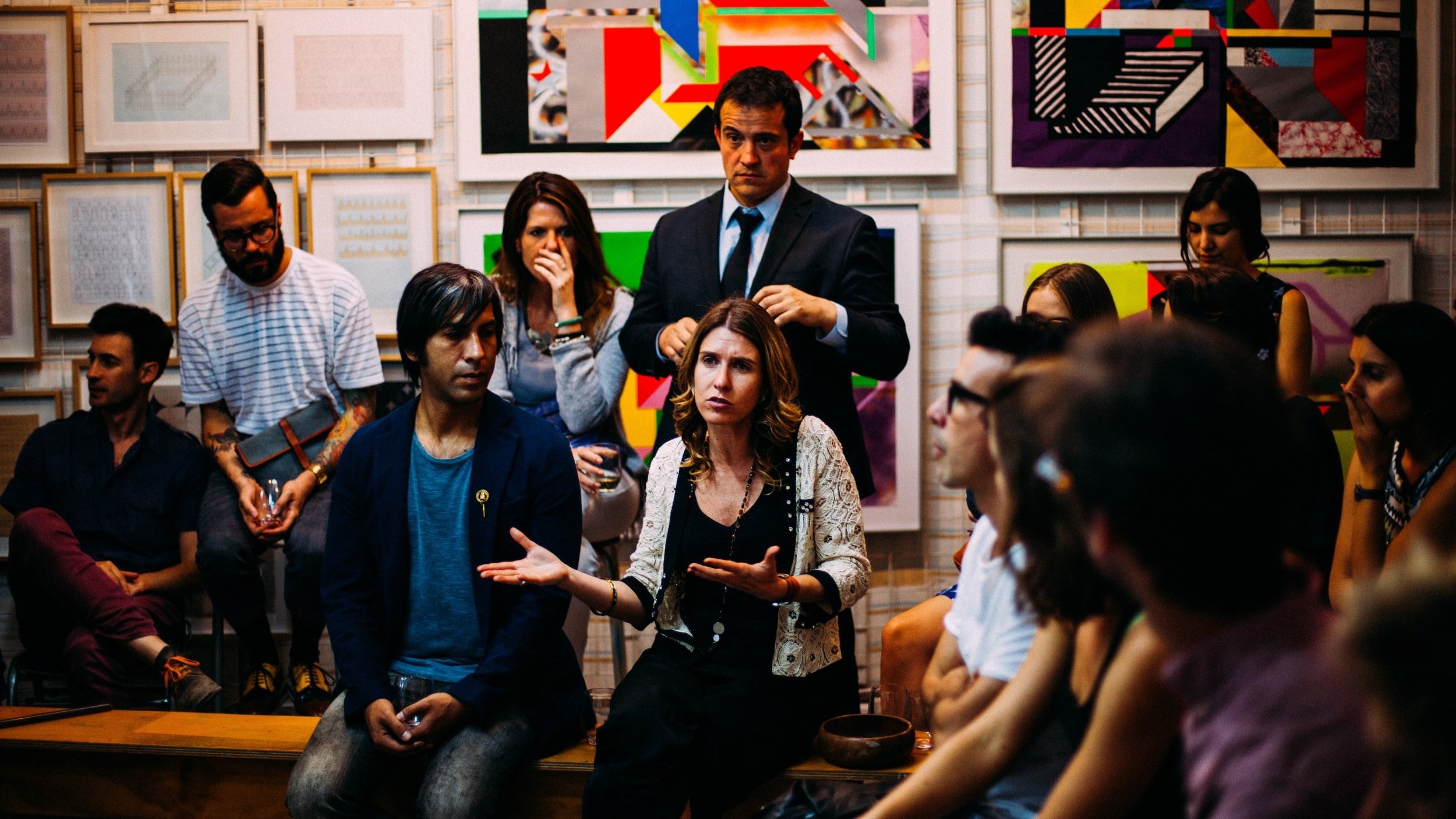Going the Literal Extra Mile
During the height of the pandemic, telecommuting and virtual meetings became a necessity just to keep business going. Businesses and governments have been working out the kinks with new technologies and related business processes since. As we figure out the path forward, what was a necessity during the pandemic is now becoming an option. There are all kinds of ideas and discussions about what hybrid in-person/virtual workplaces could look like going forward. What will revert back to the way it was pre-pandemic, and what new adaptations and technologies will stick? Only time will tell.
That said, for governments, the question also needs to be: what does a new way of doing business mean for equity? The state sponsored retirement programs that have started to date have been incredibly innovative, taking advantage of the latest advances in technology to make it easier for workers and employers. California developed a phone app for its program, and in Oregon, we piloted a cutting-edge chatbot on social media and the website, to help folks get answers to questions during off hours or through the online platforms they use on a regular basis, like Facebook.
But not everyone benefits equally from these new technologies. For some, Zoom and Microsoft Teams just aren’t going to work. Outreach for certain audiences can only be successful if folks show up in person. That could be due to cultural norms, lack of access to reliable broadband, discomfort with new technologies, or a complex combination of various factors. Private businesses can choose to focus on consumers who are easier to reach through new technologies.
Governments can’t. Governments need to meet folks where they are, so that everyone—regardless of race, age, disability, or identity—has a chance to access the programs and services to which they are entitled. State sponsored retirement programs in particular are often developed for the express purpose of increasing retirement security for underserved populations, not easily reached through mass communications channels.
There is no technological replacement for some of the in-person outreach I did while helping develop OregonSaves, Oregon’s state sponsored retirement savings program. It made all the difference showing up in-person at the metal shop in southern Oregon to talk directly with workers face to face. It meant something to the folks out in rural eastern Oregon, when I rescheduled and came back to talk at their local chamber of commerce meeting after an ice storm stopped me, making my car slide off the road, the first time I tried.
The goal was to gain buy-in, and sometimes it can make all the difference showing the willingness to go the literal extra mile.
More to come! / Joel
Columnist and Senior Associate Joel Metlen is based in Oregon. Joel is a pioneer of the state facilitated retirement savings space, woven into a career of public service and innovation. At OregonSaves, Joel’s responsibilities ranged from marketing and employer engagement to operations and data analysis. You’ll see his insights from that experience, and more, here.
This piece was featured in the November 18, 2021 edition of Retirement Security Matters. For more fresh thinking on retirement savings innovation, check out the newsletter here.

